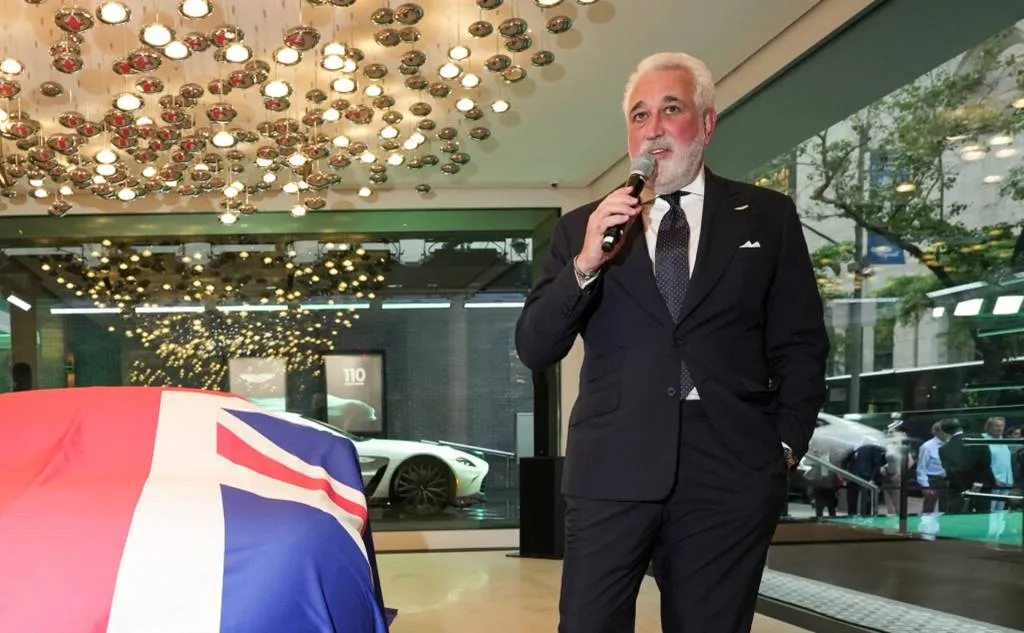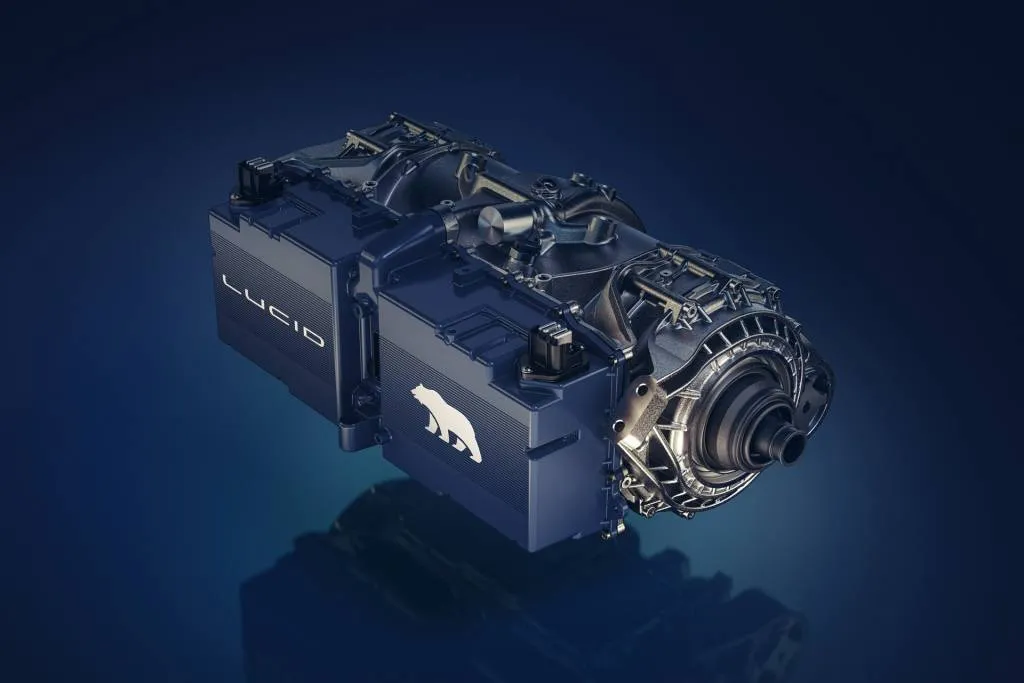Aston Martin's upcoming electric vehicles will use technology sourced from U.S. EV startup Lucid, the two companies announced on Monday.
In a deal that will see Lucid receive a 3.7% stake in Aston Martin and periodic cash payments, worth a combined $232 million, Aston Martin will utilize Lucid's leading EV technology, both current and future, to develop its own modular platform capable of supporting hypercars, sports cars, grand tourers, and SUVs. Aston Martin also agrees to spend an additional $225 million on parts and pay a $10 million integration fee to bring the total to $467 million.
The first of Aston Martin's EVs is due in 2025, and by the end of the decade all of the automaker's vehicles will either be plug-in hybrid or electric.
Aston Martin and Lucid already have a connection as Saudi Arabia's Public Investment Fund is the biggest shareholder of Lucid and the second biggest for Aston Martin. However, Lucid was selected by Aston Martin through a competitive process, the companies said.

Lawrence Stroll
"The supply agreement with Lucid is a game changer for the future EV-led growth of Aston Martin," Lawrence Stroll, Aston Martin's chairman, said in a statement. "Based on our strategy and requirements, we selected Lucid, gaining access to the industry's highest performance and most innovative technologies for our future BEV products."
The deal is the first of its kind for Lucid, which has a lineup of EVs that are capable of delivering more than 500 miles of range and have outputs well above 1,000 hp. Lucid's Air Sapphire features a three-motor powertrain delivering more than 1,200 hp, or enough for 0-60 mph acceleration in less than two seconds, according to the company.
Specific technologies mentioned in Monday's announcement include Lucid's efficient battery and inverter technologies, as well as its high-performance motors that facilitate highly precise torque vectoring.
To help differentiate the driving experience of its EVs from those of Lucid, Aston Martin will focus on the tuning of the power delivery to each wheel. According to the company, this will give it the ability to create a “distinct dynamic fingerprint” for each of its EVs.

Lucid's modular twin-motor drive unit
Aston Martin will also leverage the consulting business of its Formula 1 team to develop aerodynamic designs using the same skills and processes involved in F1. This will lead to active aerodynamic and drag reduction systems to help improve vehicle efficiency, and as a result range. Aston Martin in its statement mentioned active cooling vents and systems for directing airflow around the wheel arches and under the vehicle.
Aston Martin is also looking to use brake-by-wire technology from Brembo to improve efficiency, as well as Pirelli tires with sensors designed to reliably gauge the load going through each wheel to more accurately calculate real-world range.
Despite the new deal with Lucid, Aston Martin will continue to source powertrain and electronic architecture technology from existing shareholder Mercedes-Benz. Aston Martin is also exploring the potential of sourcing technology and insights into the Chinese market from Zhejiang Geely, which Aston Martin also counts as a shareholder.
